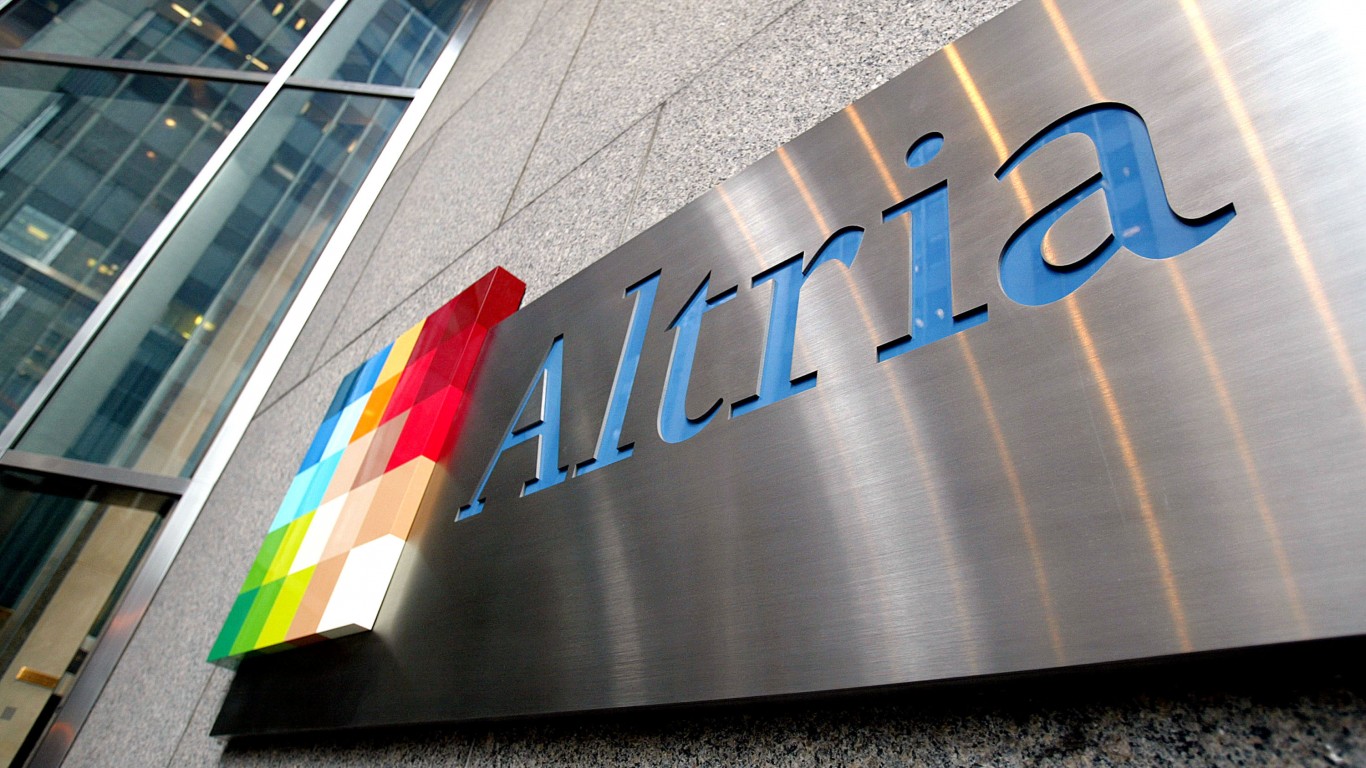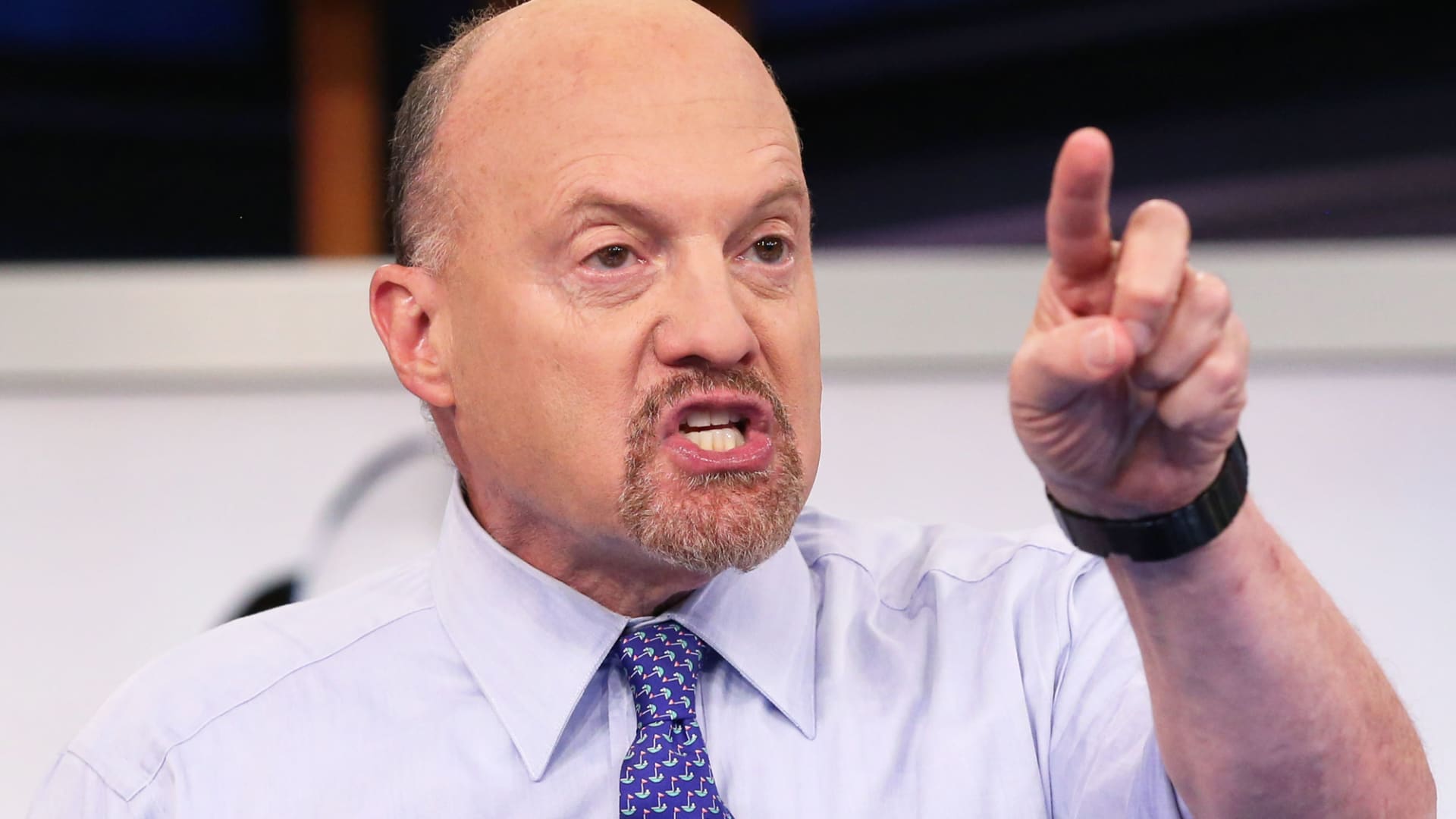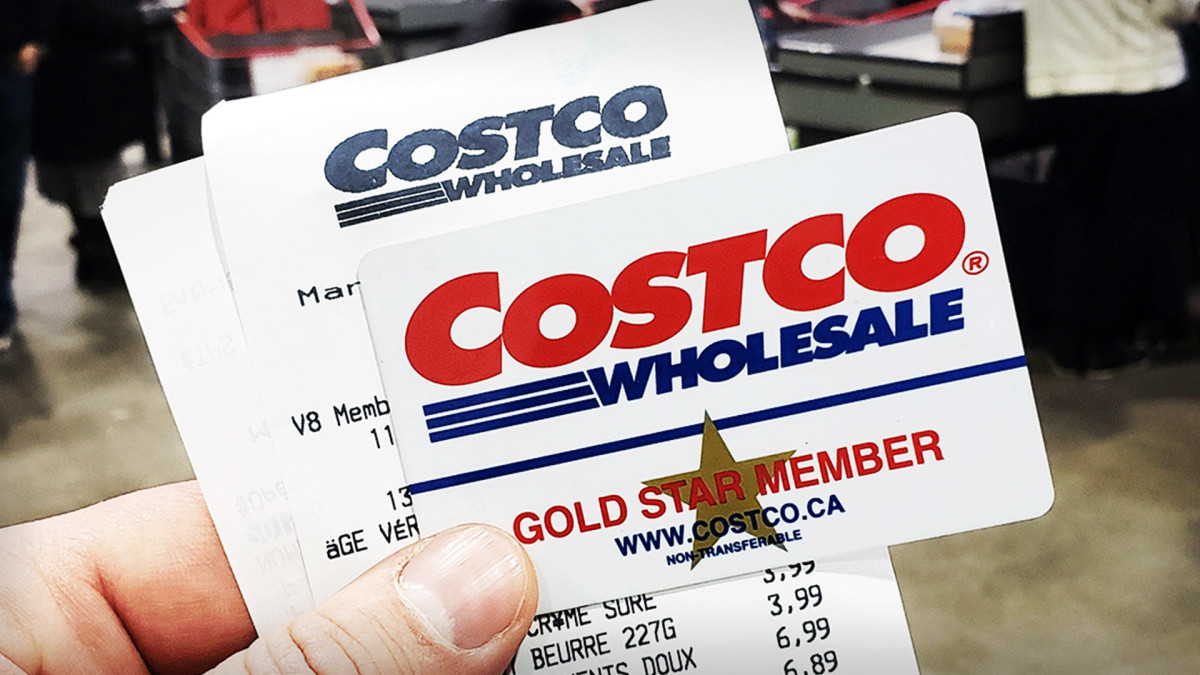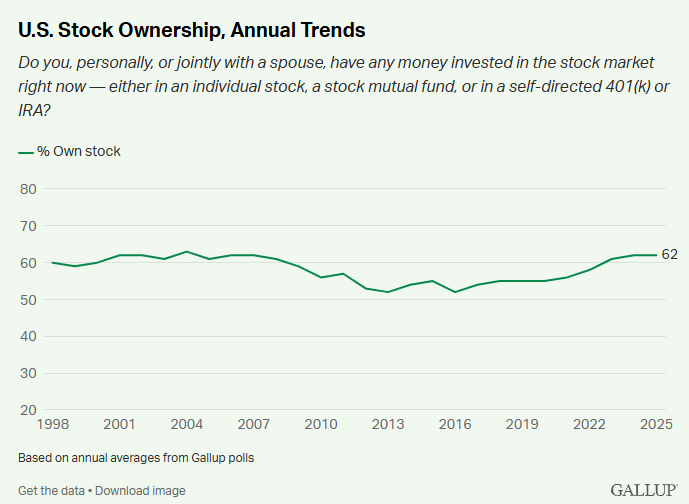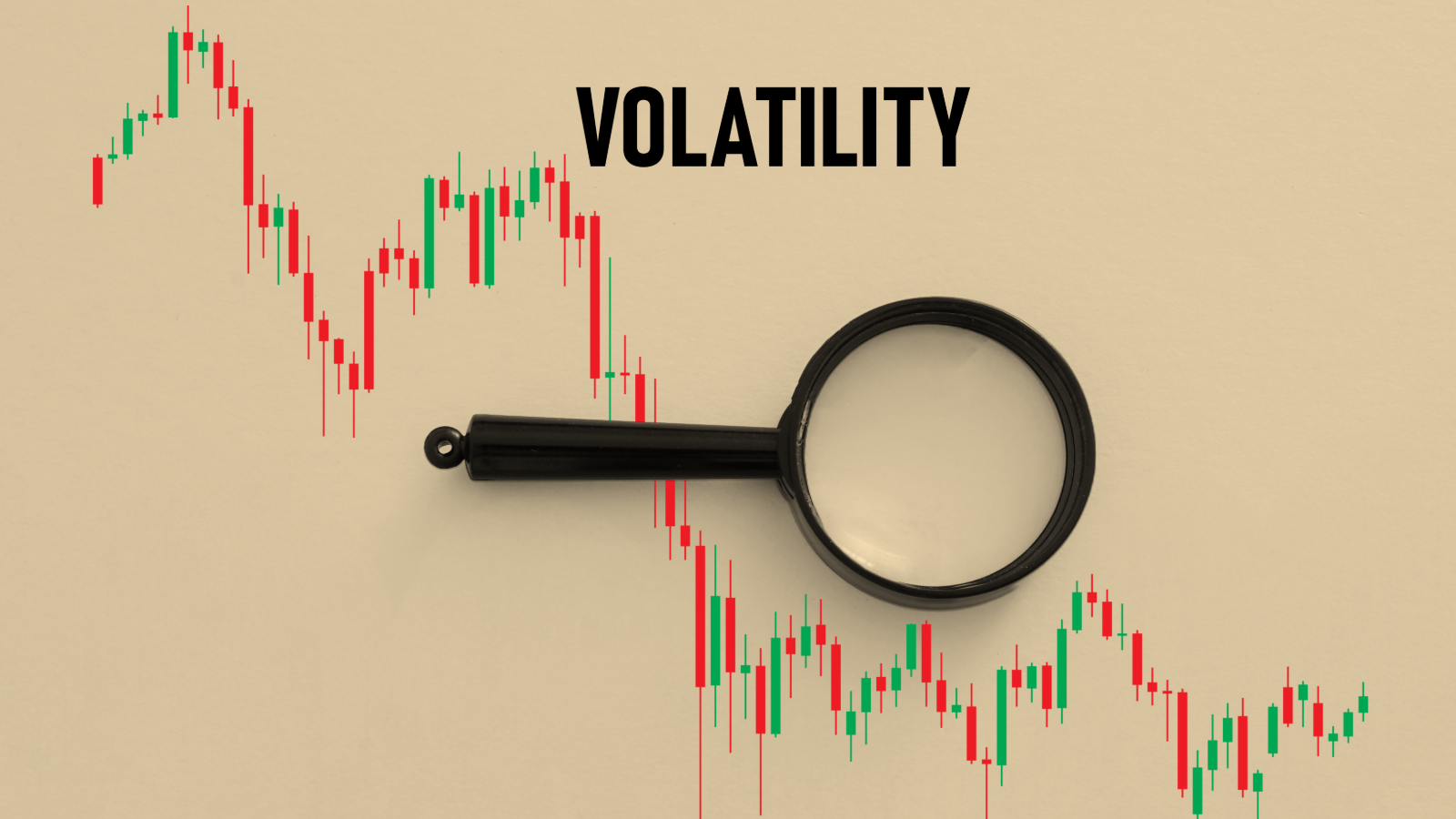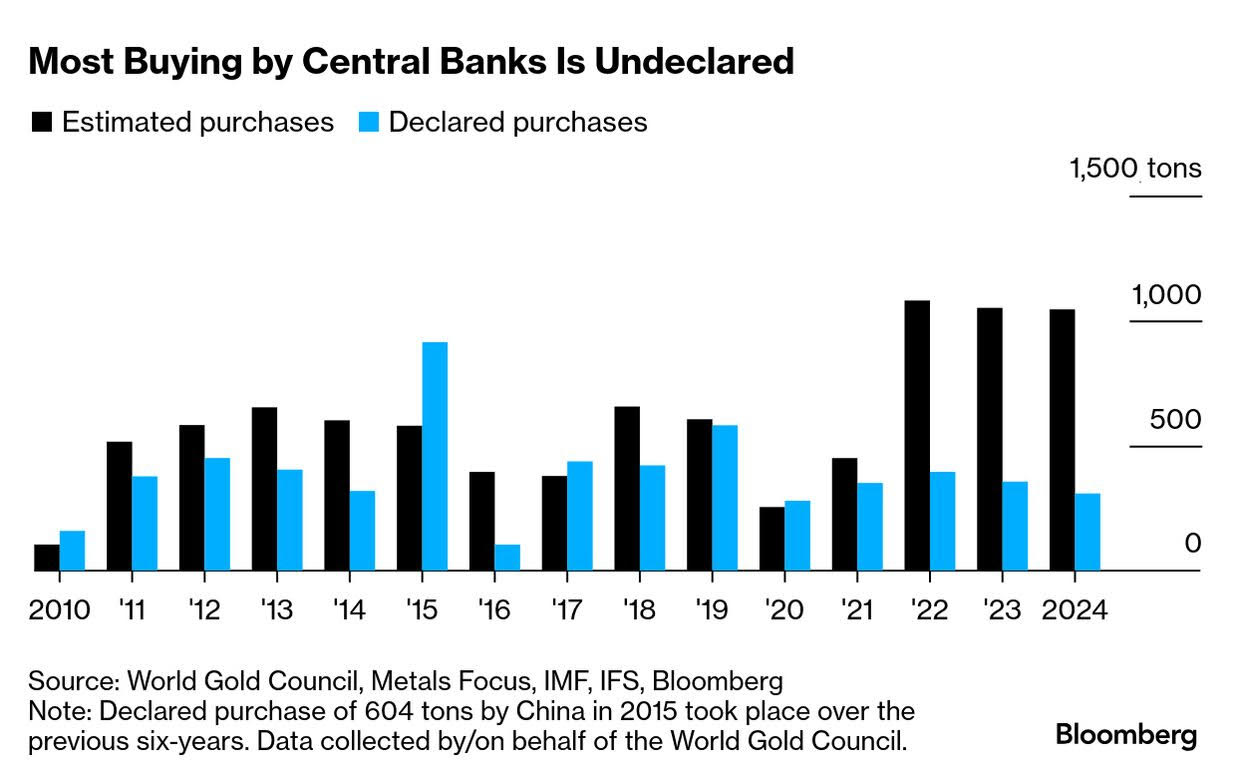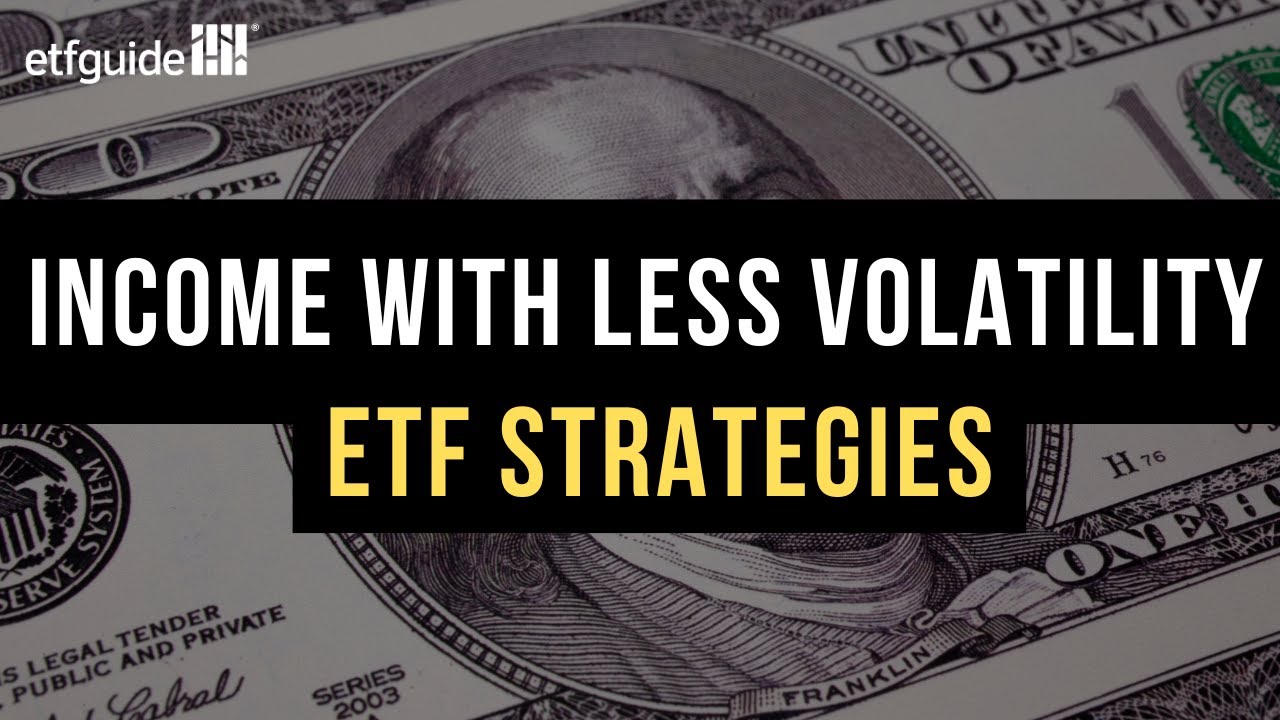I want to retire at age 62 in 5 years with $1.1 million in a 401(k) and a paid-off $475K home; is this possible?
Can I retire in five years with $1.1 million in a 401(k) and a paid-off $475,000 home? The answer depends entirely on your circumstances. For example, if you already have $800,000 sitting in your 401(k) and that account earns an average annual rate of 7%, you wouldn’t have to invest a penny more, but you […] The post I want to retire at age 62 in 5 years with $1.1 million in a 401(k) and a paid-off $475K home; is this possible? appeared first on 24/7 Wall St..

Key Points
-
Only the specifics of your financial situation can determine whether you can meet your five-year goals.
-
If these goals are important to you and your finances don’t allow you to come up with the extra money you need, consider giving yourself a few more years to work.
-
Don’t allow yourself to believe that the only place you can save for retirement is in a 401(k) plan. You have plenty of options.
-
Are you ahead, or behind on retirement? SmartAsset’s free tool can match you with a financial advisor in minutes to help you answer that today. Each advisor has been carefully vetted, and must act in your best interests. Don’t waste another minute; get started by clicking here.(Sponsor)
Can I retire in five years with $1.1 million in a 401(k) and a paid-off $475,000 home? The answer depends entirely on your circumstances. For example, if you already have $800,000 sitting in your 401(k) and that account earns an average annual rate of 7%, you wouldn’t have to invest a penny more, but you would still have more than $1.1 million, thanks to compound interest.
Here, we’ll look at some of the other factors that will determine whether it’s possible to hit your retirement goal.
The goal: $1.1 million in a 401(k)
How much you currently have in your 401(k) can make or break your plan to hit $1.1 million in five years. That’s due to the maximum contribution limit. As of 2025:
- The maximum amount you can contribute as an employee is $23,500.
- In addition, because you’re over 50, you can contribute an additional $7,500 as a “catch-up” contribution.
Whether or not that’s enough to get you to the goal line depends entirely on your current balance. Remember, the total annual contribution limit to a 401(k) is $31,000. That means the most you can put into your plan is $2,583 per month.
The following table shows how much you’d need in your account right now to get over $1 million in five years.
|
If your current 401(k) balance is: |
And invest $2,583 per month, you could have this much in 5 years: |
|
$0 |
$178,250 |
|
$200,000 |
$458,760 |
|
$400,000 |
$739,271 |
|
$600,000 |
$1,019,781 |
|
$800,000 |
$1,300,291 |
In short, unless you already have $700,000 or so in your 401(k), you won’t hit your goal without finding other ways to save and invest. For example, you may consider contributing to a:
- Traditional IRA
- Roth IRA (depending on your income)
- Health Savings Account (HSA)
- Money Market Account (MMA)
- Certificate of Deposit (CD)
In fact, if you open a CD through an FDIC or NCUA-insured bank or credit union, you may want to consider building a ladder. A CD ladder is a strategy that allows you to stagger the maturity dates of multiple CDs to take advantage of higher interest rates while also maintaining access to a portion of your funds. As one CD matures, you have the option of withdrawing the funds or reinvesting the money in a new CD at a longer term.
The beauty of investing some of your money in a bank or credit union with FDIC or NCUA insurance is getting the best of both worlds: Your money continues to grow and is insured up to $250,000 per depositor, per institution, for each account ownership category.
The bottom line
Unless you have around $700,000 currently sitting in a 401(k), you’re not going to hit your $1.1 million goal in five years. However, there are other ways and other places your money can be invested.
The goal: Pay off $475,000 home
The reality of whether you will be able to pay of a $475,000 home in five years depends on two primary factors:
- How much you currently owe
- How much extra you have to put toward the mortgage each month
The following table will give you an idea of how much you’ll need to add to each month’s mortgage payment for the next five years if you want to go into retirement mortgage-free. In this scenario, we’ll assume the mortgage carries a 5% APR, and you have 20 years left on a 30 year mortgage.
|
If your current mortgage balance is: |
Here’s how much extra you’d need to pay each month to pay it off in 5 years: |
|
$400,000 |
$4,890 |
|
$350,000 |
$4,279 |
|
$300,000 |
$3,668 |
|
$250,000 |
$3,056 |
|
$200,000 |
$2,445 |
|
$150,000 |
$1,834 |
|
$100,000 |
$1,223 |
|
$50,000 |
$611 |
Whether or not you can afford to add extra to your monthly mortgage payment depends on how much you earn and how much you can afford to part with. If you can work the extra payment into your monthly budget, you have a real shot of paying your mortgage off in full before retirement.
The old adage “the devil is in the details” certainly applies when it comes to whether you can save $1.1 million and pay off a $475,000 mortgage in five years. The answer lies in how much how much more you can contribute in that time.
The post I want to retire at age 62 in 5 years with $1.1 million in a 401(k) and a paid-off $475K home; is this possible? appeared first on 24/7 Wall St..












































